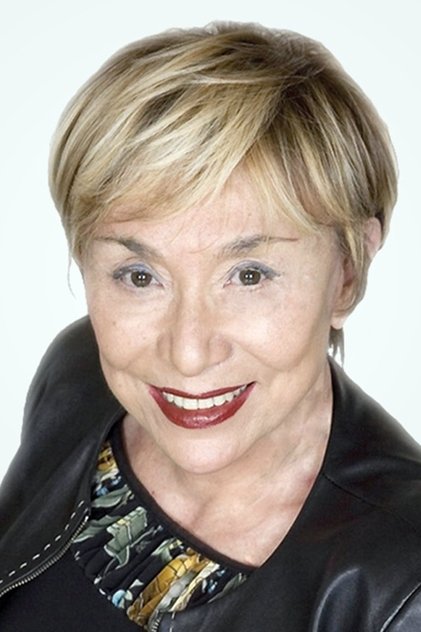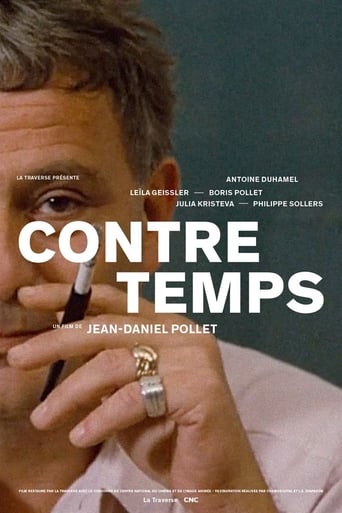
Julia Kristeva
Julia Kristeva (born Yuliya Stoyanova Krasteva, Bulgarian: Юлия Стоянова Кръстева; on 24 June 1941) is a Bulgarian-French philosopher, literary critic, semiotician, psychoanalyst, feminist, and, most recently, novelist, who has lived in France since the mid-1960s. She has taught at Columbia University, and is now a professor emerita at Université Paris Cité. The author of more than 30 books, including Powers of Horror, Tales of Love, Black Sun: Depression and Melancholia, Proust and the Sense of Time, and the trilogy Female Genius, she has been awarded Commander of the Legion of Honor, Commander of the Order of Merit, the Holberg International Memorial Prize, the Hannah Arendt Prize, and the Vision 97 Foundation Prize, awarded by the Havel Foundation. Kristeva became influential in international critical analysis, cultural studies and feminism after publishing her first book, Semeiotikè, in 1969. Her sizeable body of work includes books and essays which address intertextuality, the semiotic, and abjection, in the fields of linguistics, literary theory and criticism, psychoanalysis, biography and autobiography, political and cultural analysis, art and art history. She is prominent in structuralist and poststructuralist thought. Kristeva is also the founder of the Simone de Beauvoir Prize committee. Born in Sliven, Bulgaria to Christian parents, Kristeva is the daughter of a church accountant. Kristeva and her sister attended a Francophone school run by Dominican nuns. Kristeva became acquainted with the work of Mikhail Bakhtin at this time in Bulgaria. Kristeva went on to study at the University of Sofia, and while a postgraduate there obtained a research fellowship that enabled her to move to France in December 1965, when she was 24. She continued her education at several French universities, studying under Lucien Goldmann and Roland Barthes, among other scholars. On August 2, 1967, Kristeva married the novelist Philippe Sollers, born Philippe Joyaux. Kristeva taught at Columbia University in the early 1970s, and remains a Visiting Professor. She has also published under the married name Julia Joyaux. After joining the 'Tel Quel group' founded by Sollers, Kristeva focused on the politics of language and became an active member of the group. She trained in psychoanalysis, and earned her degree in 1979. In some ways, her work can be seen as trying to adapt a psychoanalytic approach to the poststructuralist criticism. For example, her view of the subject, and its construction, shares similarities with Sigmund Freud and Lacan. However, Kristeva rejects any understanding of the subject in a structuralist sense; instead, she favors a subject always "in process" or "on trial". In this way, she contributes to the poststructuralist critique of essentialized structures, whilst preserving the teachings of psychoanalysis. She travelled to China in the 1970s and later wrote About Chinese Women (1977). ... Source: Article "Julia Kristeva" from Wikipedia in English, licensed under CC-BY-SA 3.0.
- Popularity : 0.122
- Known For : Acting
- Birthday : 1941-06-24
- Place of Birth : Sliven, Bulgaria



